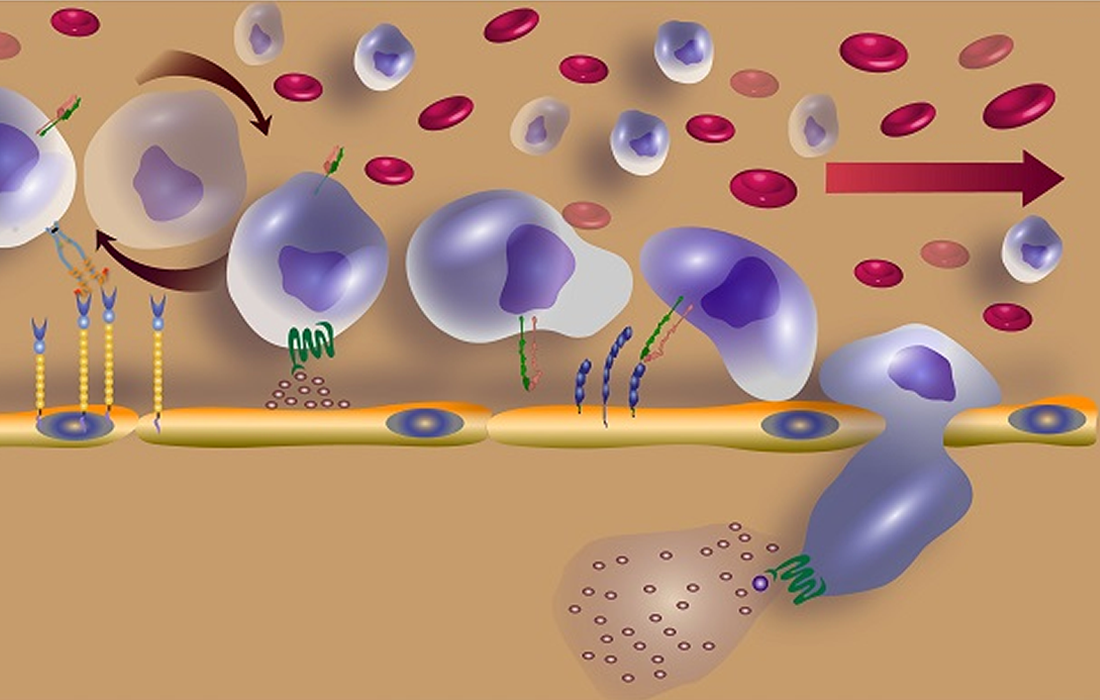Many tumors exhibit increased incorporation of sialic acids into cell-surface glycans, which impact the tumor microenvironment. Sialic acid immunoglobulin-like lectins (Siglec) are receptors that recognize sialic acids and modulate immune responses, including responses to tumors. Tumors need to evade the immune system to grow and spread, causing cancer. One of the ways tumor cells hide […]
Category Archives: Regenerative Medicine News and General Information
Olive oil consumption has been shown to have health benefits, especially to lower cardiovascular disease risk, but its associations with total and cause-specific mortality are unclear. In a recently published study in the Journal of the American College of Cardiology, researchers evaluated whether olive oil intake is associated with total and cause-specific mortality in 2 […]
There is substantial evidence implicating vitamin D (Vit-D) levels in the pathogenesis of cardiovascular risk factors such as diabetes, hypertension, hyperlipidemia, chronic kidney disease, and obesity. Studies have suggested that vitamin D may participate in pathways associated with atherosclerosis by influencing cellular growth, oxidative stress, membrane transport, cell adhesion, and gene regulation. According to the […]
Human ingestion of microplastics (MPs) is inevitable due to the ubiquity of MPs in various foods and drinking water. Whether the ingestion of MPs poses a substantial risk to human health is far from understood. Microplastics are fragments of any type of plastic less than 5 mm in length, according to the U.S. National Oceanic […]
A new study published in The Journal of the Alzheimer’s Association by researchers from the UC San Francisco has found that when elderly people stay active, their brains have more of a class of proteins that enhances the connections between neurons to maintain healthy cognition. Physical activity is widely recommended for age-related brain health, yet […]
Influenza is a viral infection that attacks your respiratory system — your nose, throat, and lungs. Influenza is commonly called the flu, but it’s not the same as stomach “flu” viruses that cause diarrhea and vomiting. For most people, the flu resolves on its own. But sometimes, influenza and its complications can be deadly. People […]
An increasing number of infection cases caused by multiresistant Gram-negative bacteria or multidrug-resistant organisms (MDRO) has become a major problem worldwide since there has been a lot of resistance to many classes of antibiotics. Mutant isolates such as fluoroquinolone-resistant and β-lactamase-resistant bacteria have been commonly found, particularly in the intensive care units (ICU). Colistin or […]
Irritable bowel syndrome (IBS) is a common disorder that affects the large intestine and causes signs and symptoms such as cramping, abdominal pain, bloating, gas, diarrhea or constipation, or both. IBS is a common condition. It affects about twice as many women as men and is most often found in people younger than 45 years. […]
Depression is the most common cause of disability worldwide with a lifetime prevalence of close to 20% according to the World Health Organization. This condition affects as many as one in ten individuals at any given time. The medical and non-medical costs associated with depression are estimated at nearly 300 billion per year in the […]
Mesenchymal stem cells can be isolated from different tissues and organs and have been widely used in various medical fields, particularly regenerative medicine. The representative sources of MSCs are bone marrow, adipose, periodontal, muscle, and umbilical cord blood. Depending on the source, differences have been reported, including their population in source tissues, immunosuppressive activities, proliferation, […]










